Machine-learning Assisted Gigantic-Image Cancer Margin Scanner
A project of the Advanced Research Projects Agency for Health Precision Surgical Interventions (ARPA-H PSI)

About The Project
Current clinical approaches like intraoperative pathology have not solved the persistent problem of incomplete tumor removal. Several technologies have been tried over the past 20 years, but there is currently no existing technology that can deliver the technical performance needed to fully address this problem and “survive in the wild.” In the MAGIC-SCAN project, we will introduce key innovations in microscopy, sample automation, cyber-infrastructure, ML model co-design & training on petascale data, practical & rapid ML model deployment, and cancer detection and visualization. We will take a human-centered approach to innovation, design and development, involving end-users and stakeholders in every aspect of the project to accomplish trustworthy, practical, capable, and cost-conscious product design that optimizes benefits to physicians, payers, and patients.
We will develop the world’s fastest high-resolution tissue scanner and use it to (i) automatically prepare, handle, and scan the complete surface of removed cancerous organs at 0.5 μm resolution, (ii) detect the presence of any residual cancer cells, and (iii) map their location on the specimen surface for surgeon visualization in the operating room within 15 minutes. Two complementary concepts, each representing fundamental scientific and technical advances in their respective fields, comprise our human-centered design. The first, MAGIC-SCAN (Machine-learning Assisted Gigantic Image Cancer margin SCANner) combines extreme-field-of-view optical sectioning and super-resolution structured illumination microscopy (OS-SR-SIM) to obtain very high-speed virtual pathology imaging of cancer tumor margin surfaces at 2x the resolution allowed by diffraction.
To accomplish the cancer classification goals of an end-to-end solution in ≤ 10 minutes, both practically and economically, we will develop the companion concept, FASTMAP (Fast, Accelerated Support for Training MAchine learning models on Petascale data). FASTMAP is a human-centered approach that addresses the iterative nature of the creation-evaluation process of ML cancer-classification models by implementing a high-performance computing cyber-infrastructure capable of developing and training new, accurate models over petascale data on a scale of days. We address this challenge using data management and processing techniques developed over almost two decades of high-performance computing research that are deployed in the latest exascale computing environments. This approach will be complemented by novel strategies for lightning-fast image processing and ML inference at the edge,
Project Leadership

J. Quincy Brown, PhD
Principle InvestigatorAssociate Professor, Department of Biomedical Engineering
Tulane University

Brian Summa, PhD
Tulane Co-LeadAssociate Professor, Department of Computer Science
Tulane University

Valerio Pascucci, PhD
Utah LeadProfessor, School of Computing
University of Utah

Peter A. Kner, PhD
Georgia LeadProfessor, School of Electrical and Computer Engineering
University of Georgia
Project Team
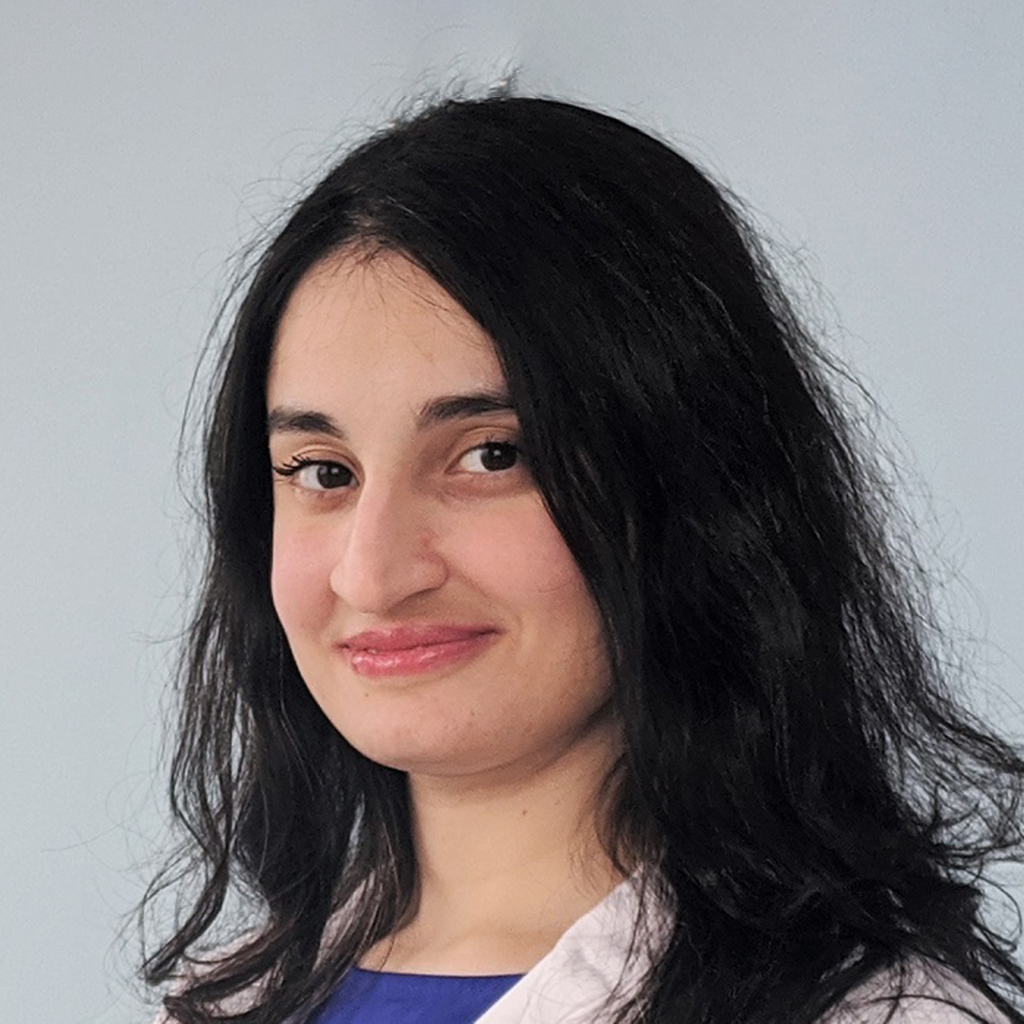
Wesal Abualkhair, MD, MS
Senior Clinical Research Coordinator
Tulane Center for Clinical Research
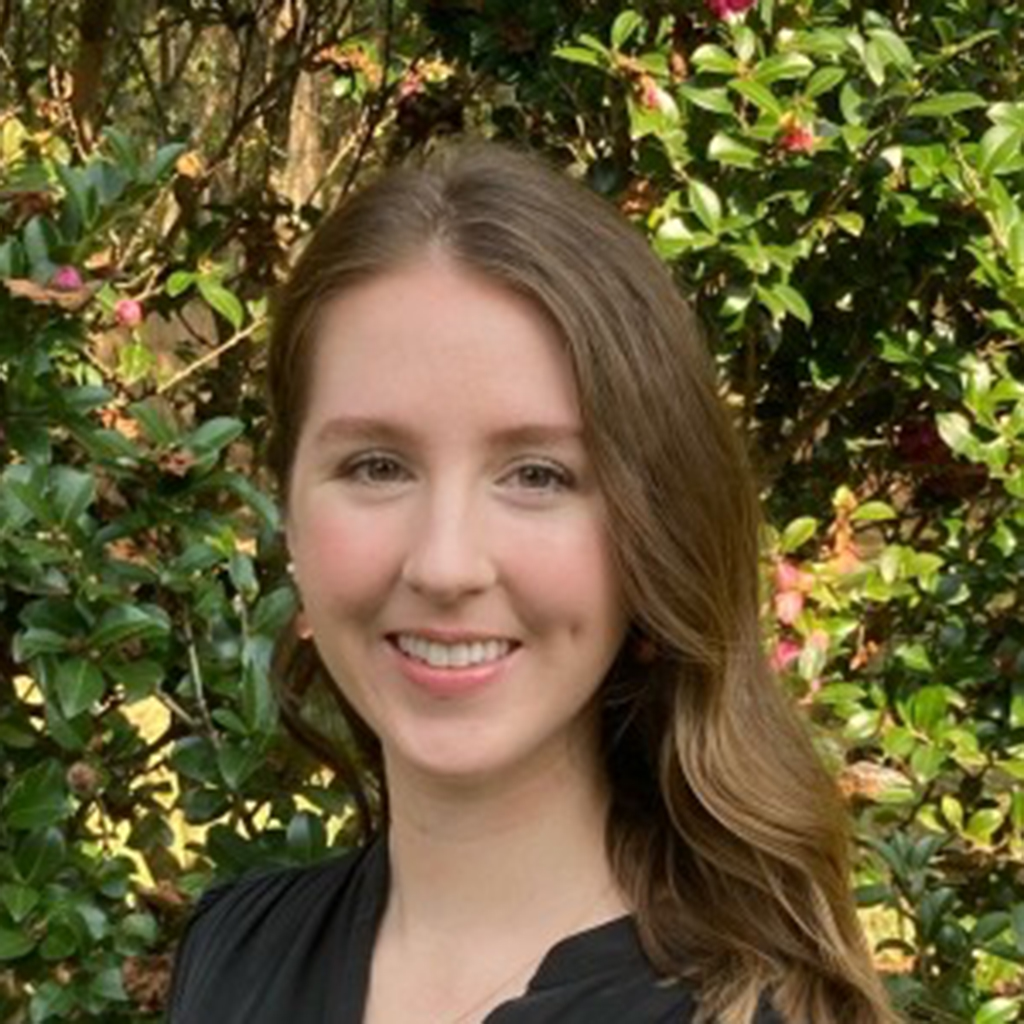
Kimber Ashman, PhD
Senior Biomedical Engineer
Tulane University

Abu Zahid Bin Aziz
Ph.D. Student, Kahlert School of Computing
University of Utah

Sampad Banik
Ph.D. Student, Kahlert School of Computing
University of Utah

Lauren Boudreaux
Ph.D. Student, Department of Biomedical Engineering
Tulane University

Ivan Bozic
Ph.D. Candidate, Department of Biomedical Engineering
Tulane University
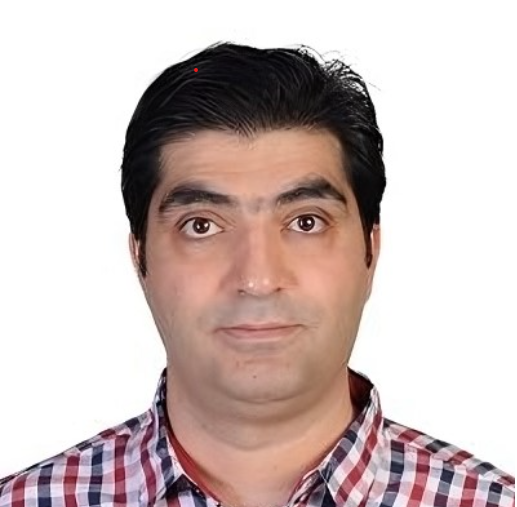
Hassan Dibaji, PhD
Postdoctoral Researcher, School of Electrical and Computer Engineering
University of Georgia

Shireen Elhabian, PhD
Associate Professor, School of Computing
University of Utah

Ishrat Jahan Eliza
Ph.D. Student, Kahlert School of Computing
University of Utah

Sharon Fox, MD, PhD
Pathology
New Orleans VA Medical Center

Stephen Freedland, MD
Professor, Urology
Cedars-Sinai Medical Center

Attila Gyulassy, PhD
Research Scientist
University of Utah
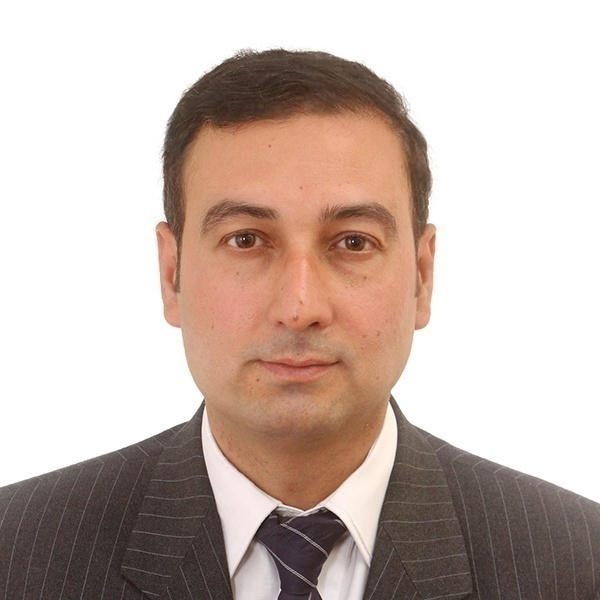
Sajjad Khan
Postdoctoral Researcher
University of Georgia
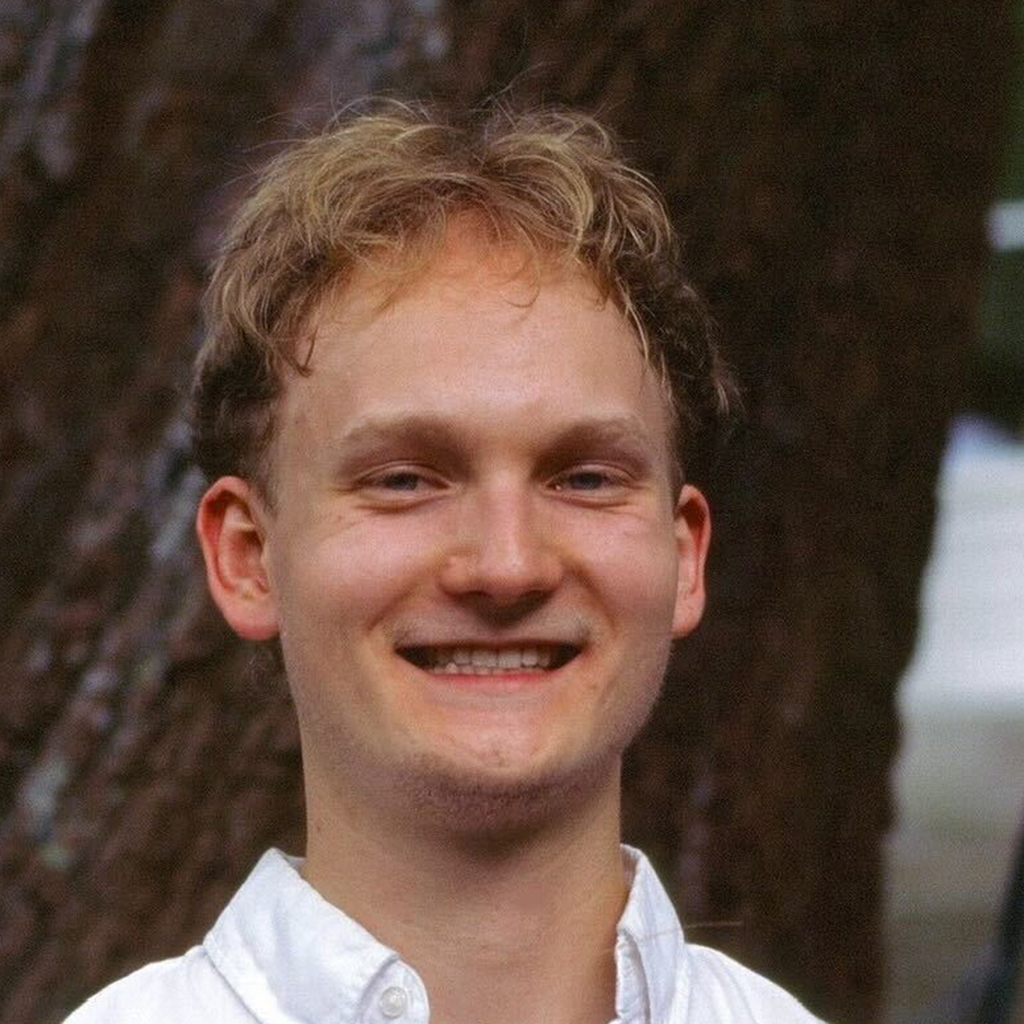
Gabe Kobza
Research Specialist
Tulane University

L. Spencer Krane, MD
Urology
New Orleans VA Medical Center

Guang Li
Ph.D. Student, Biomedical Engineering
Tulane University

Ed Liu
Ph.D. Student, Kahlert School of Computing
University of Utah

Dylan A. Lucia, MS
Ph.D. Student, Bioinnovation
Tulane University

Samuel Luethy, MS
Lead Product Engineer
Instapath Inc.

Eva Lustigova, MPH
Senior Director
Tulane Center for Clinical Research
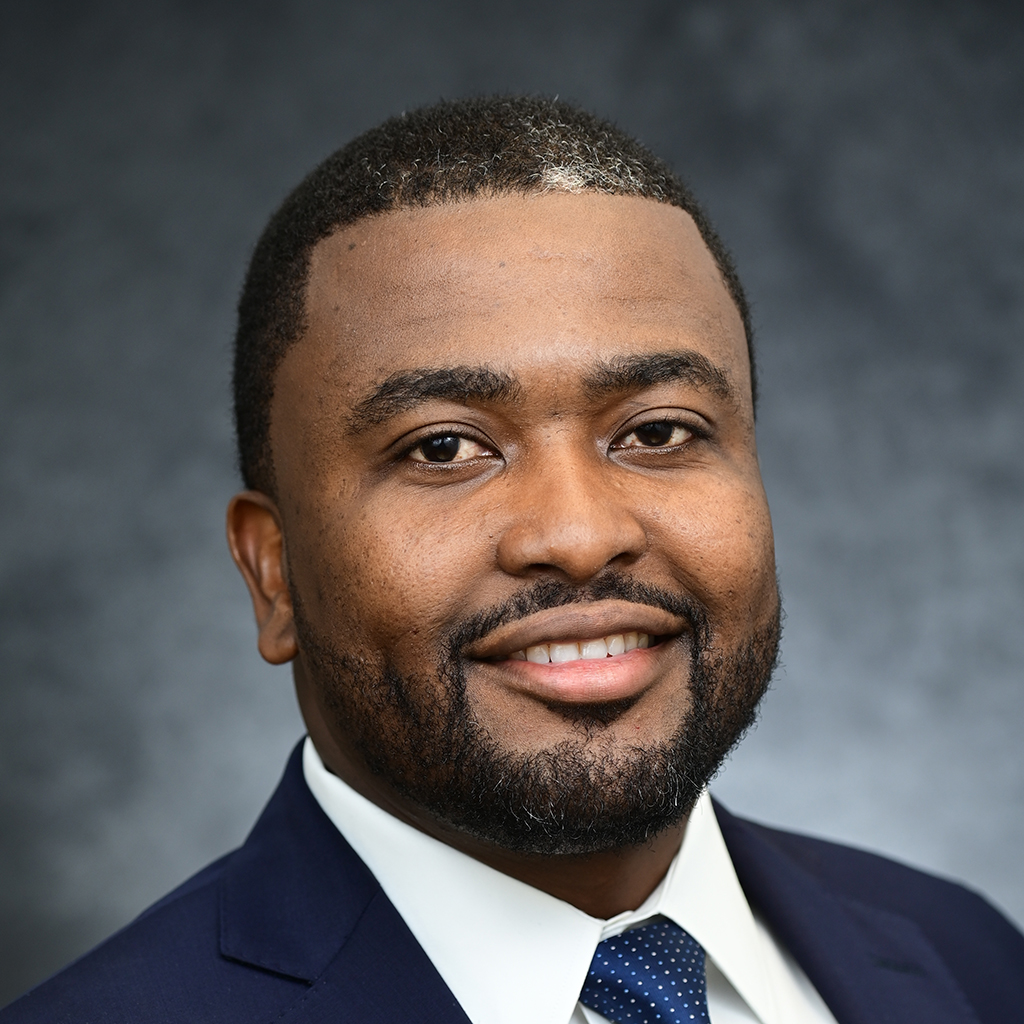
Florice Numbi, MD, MPH
Clinical Project Manager
Tulane Center for Clinical Research

Kat Milligan, MPP
Senior Research Administrator
Tulane University

Vi Nguyen
Research Specialist
Tulane University

Melika Pooyan
Ph.D. Student
University of Georgia

Emily Ribando-Gros, PhD
Senior Software Developer
Tulane University

John Ruhsam
Medical Automation Engineer
Tulane University

Melika Sadaat
Ph.D. Student, Biomedical Engineering
Tulane University

Georgio Scorzelli, MS
Lead Software Developer
University of Utah

Andrew B. Sholl, MD
Pathology
Delta Pathology

Jennifer Silinsky, MD
Surgery
LCMC Health

Christopher Simmons
Imaging Engineer
Tulane University

Tom Szymczyk, MS
Lead Software Engineer
Instapath Inc.

Rosolino Todaro
Imaging Engineer
Tulane University

David Tulman, PhD
Chief Clinical Officer
Instapath Inc.

Jacquelyn Turner, MD
Professor, Surgery
Tulane University School of Medicine

Mei Wang, PhD
Chief Executive Officer
Instapath Inc.

Carola Wenk, PhD
Professor, Department of Computer Science
Tulane University







